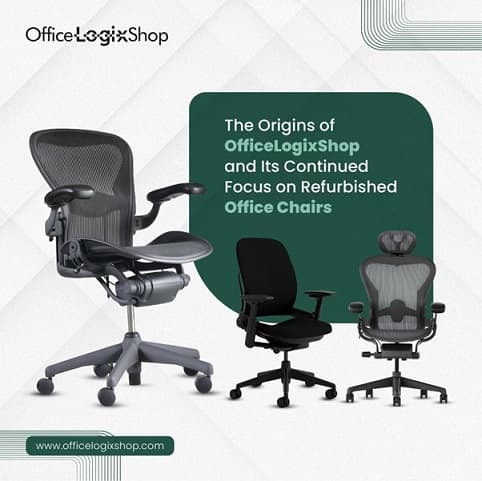
By: Donna Torres, director of small business at Xero UK
Over the past few months, most businesses have had to rethink how they operate and how they reach their customers. At the same time there’s been drastic changes in customer behaviour, with huge increases in online purchases. For example, Shopify saw a 68% MoM growth of UK consumers estimated to make a purchase online from a UK Shopify merchant for the first time in April 2020.
Whether it be building on an already existing online presence, or starting from scratch, small businesses have been challenged to make the most of e-commerce in order to survive. And now, with England in a national lockdown, understanding and making the most of e-commerce will be vital.
Here are some top tips on how to survive and thrive online:
- Start with your most popular and profitable products
When starting to sell online, it makes sense to keep it simple and start with your most popular and profitable products. If you know these products perform well, they are the most likely to generate sales and will help to launch your online business. The most important thing is just getting started – your customers are looking for you online so give them that option. It doesn’t have to be an all singing, all dancing online shop. When you begin to build more of an online customer base, you can look to introduce more products and services as demand grows. - Focus on engaging your existing customer base first
If you already have a strong, existing customer base – target these people first before looking to engage new audiences. These people are already familiar with your brand, and so are most likely to be interested in purchasing your product or service. Reaching these people should be attainable, whether it be through signage in your physical shop or by posting on your brand’s social media pages.
Then you can start to think about expanding your customer base using marketing channels like Facebook, Google, and Instagram or organic routes via SEO and email marketing.
- Invest in your website and checkout process
Investing in a robust website and checkout process is crucial, especially as your website essentially becomes your shop window. If it is hard to navigate or not visually appealing, you may risk losing potential customers. Ensuring the checkout process is quick and easy will also likely result in higher sales conversion rates and less dropped baskets. - Invest in elevating the customer service experience
Customer service is just as important online as it is offline, if not more so. Prioritise the customer service experience, through timely communication using tools like online chat and thank you notes. This will again keep customers engaged and ensure they feel valued. It will also make sure that if they have any queries or issues, these can be quickly resolved. - When delivering goods, speed is key
Customers want a quick, easy-to-use online experience – with the delivery process being a huge part of the service. Nobody wants to wait weeks for a product to arrive, or to pay an extortionate amount for delivery, so make sure you bear this in mind. It’s also vital to communicate with your customers, with order confirmations and delivery updates where possible.
There’s no doubt that e-commerce is becoming more important than ever before, and that’s likely to last far beyond the current crisis. Building a strong online presence can help create a thriving new revenue stream for your business, reach your existing customers and then growing to reach new audiences.


